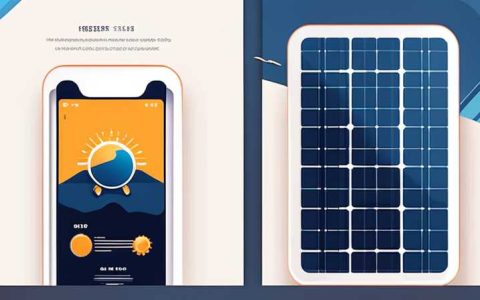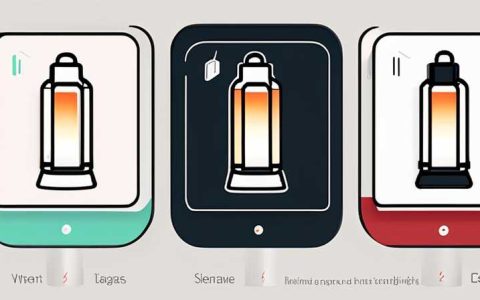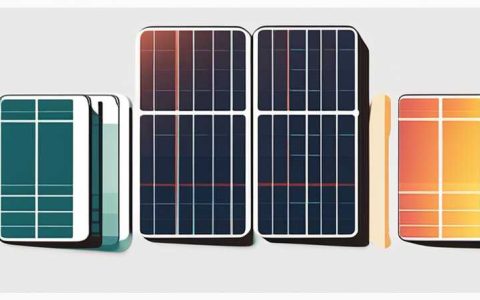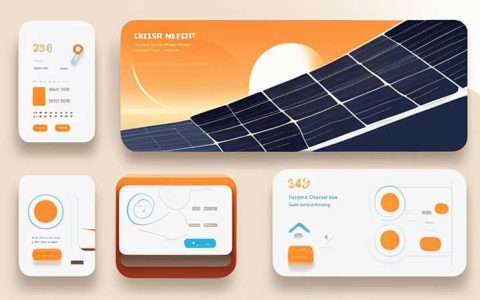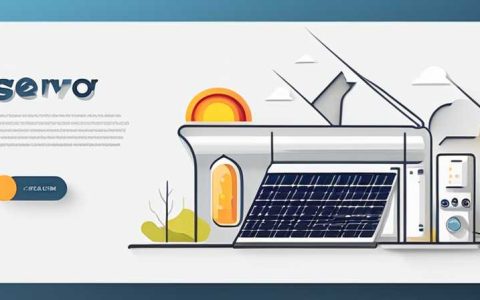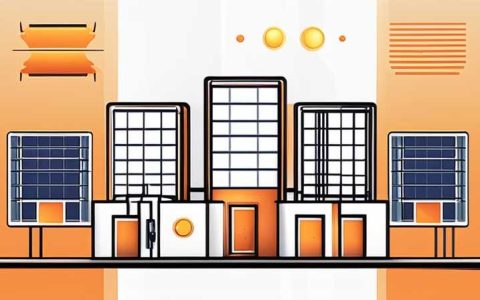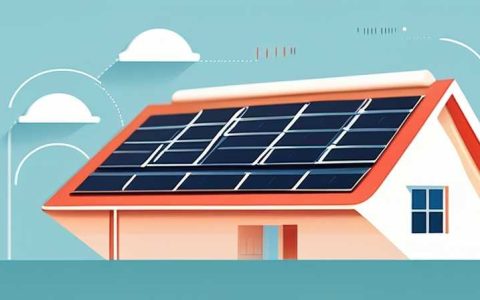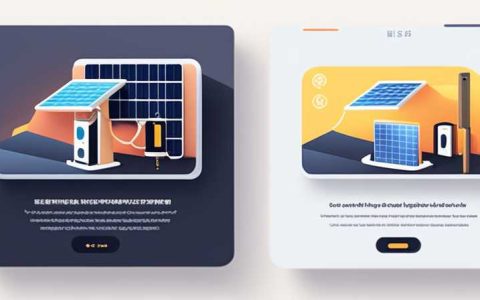
1. Proper maintenance is essential for optimal solar panel performance, 2. Regular cleaning prevents dirt accumulation, 3. Professional inspections enhance longevity, 4. Energy storage management maximizes efficiency.
Maintaining solar energy systems effectively involves a combination of strategies tailored to ensure peak performance and longevity. One of the most critical routines is the regular cleaning and inspection of solar panels to prevent dust and debris from inhibiting energy absorption. Additionally, monitoring energy production and consulting professionals for comprehensive maintenance checks can significantly enhance the system’s lifespan and efficiency.
1. UNDERSTANDING SOLAR ENERGY SYSTEMS
The utilization of solar energy systems has gained significant traction in recent years, driven by the need for sustainable energy solutions. These systems primarily consist of solar panels, inverters, and energy storage components, all functioning cohesively to convert sunlight into usable electricity. It is important to understand that maintaining these systems is fundamental to realizing their full potential and reaping the financial benefits they promise.
A well-maintained solar energy system can lead to substantial savings by reducing reliance on grid energy. The importance of understanding how these components work cannot be understated. Knowledge of how solar panels operate—converting sunlight into electricity that flows through inverters to be used or stored—forms the basis for effective care strategies. Furthermore, recognizing the infrequent but necessary roles of components such as battery storage and charge controllers ensures that individuals can optimize energy use in their homes.
2. CLEANING AND MAINTAINING SOLAR PANELS
Regular maintenance procedures like cleaning solar panels may seem simple, but they play a pivotal role in ensuring energy conversion efficiency. Dust, leaves, and other debris can accumulate on the surface of solar panels, dramatically reducing their ability to absorb sunlight. In areas with frequent rain, panels may require less maintenance, as rain can wash away light debris. However, in arid regions or locations surrounded by foliage, regular cleaning schedules are essential.
In addition to physical cleaning, understanding the optimal angles for solar panel placement—which can vary based on geographic location—is crucial. For instance, mounting panels at an angle that aligns with the sun’s path can maximize exposure and thus energy generation. Homeowners should consider seasonal adjustments to the tilt of their panels to maintain optimal performance throughout the year. Conducting a professional cleaning at least once or twice a year might be advisable, allowing for deeper cleaning and checks on potential damage or wear.
3. REGULAR INSPECTIONS: A NECESSITY
Having a comprehensive inspection routine in place is as vital as regular cleaning. While solar panels are designed to withstand various environmental conditions, the external wear and tear can deplete their efficiency over time. Scheduling a professional assessment annually can help identify potential issues that may not be apparent during routine household checks.
During professional inspections, components such as inverters, wiring, and mounts are examined thoroughly. Inverters are particularly susceptible to failure due to heat; ensuring they are functioning optimally is crucial for overall system performance. Furthermore, it’s essential to check for any bird nesting near solar arrays, as this can lead to blockages and, subsequently, decreased efficiency. Preventive maintenance during inspections can lead to significant cost savings in the long run, proving invaluable to those invested in solar technology.
4. ENERGY STORAGE MANAGEMENT
The integration of energy storage systems into a solar energy setup can vastly improve efficiency and reliability. Batteries store the excess energy produced during sunny periods, allowing homeowners to utilize this stored energy during overcast days or at night. However, managing these energy storage systems requires careful consideration and maintenance.
Understanding battery life cycles and state-of-charge management is critical for optimal performance. Batteries have a finite life span and can degrade over time. Regularly monitoring the state of charge and ensuring the battery system does not consistently operate at extreme levels can extend the life of the batteries. Furthermore, performing regular checks on battery connections and ensuring they are clean and free of corrosion is pivotal in maximizing storage efficiency.
5. OPTIMIZING ENERGY USAGE
Another aspect of maintaining solar energy systems lies in optimizing energy usage within the home. Smart home technology is increasingly being integrated with solar energy systems, allowing for better management of energy consumption. Homeowners can track energy production and usage through apps, providing real-time data that can inform usage habits.
Taking advantage of energy-efficient appliances and smart home integration ensures that potentially wasted energy goes to good use. For example, scheduling power-intensive tasks during peak energy production hours can help utilize more solar energy, reducing dependence on stored electricity. Additionally, integrating energy-efficient practices throughout the home—from LED lighting to smart thermostats—can complement solar energy systems by ensuring that the energy being generated is used most effectively.
6. COMMON MISTAKES IN SOLAR PANEL MAINTENANCE
It is essential to be aware of frequent missteps that homeowners make regarding solar panel upkeep. One common error is neglecting routine maintenance altogether, leading to long-term inefficiencies. Additionally, improper cleaning techniques can cause more harm than good; using abrasive materials or harsh chemicals can scratch the surface of solar panels and lead to reduced efficacy.
Failing to seek professional assessments when unusual signs arise can also be detrimental. Issues such as unfamiliar noises or fluctuating energy outputs should never be overlooked, as they often signal underlying problems that could worsen over time. Being proactive in maintenance and avoiding common mistakes can ensure that solar energy systems function optimally for many years.
FREQUENTLY ASKED QUESTIONS
HOW OFTEN SHOULD SOLAR PANELS BE CLEANED?
The frequency of cleaning solar panels can depend significantly on geographic location, weather conditions, and environmental factors such as tile debris accumulation. In communities where dust, pollen, or tree debris pose a recurrent problem, it may be advisable to clean panels every few months. Conversely, in regions with frequent rainfall, panels may need less frequent cleaning, as rain can naturally wash away light debris.
Cleaning solar panels in the early morning or late afternoon is recommended, as excessive heat can lead to quick drying of cleaning solutions and streaking. If dirt accumulation remains a concern, engaging a professional cleaning service at least twice a year can help maintain efficiency. An effective cleaning schedule not only improves energy absorption but can also prolong the lifespan of the panels.
WHAT ARE THE SIGNS THAT SOLAR PANELS NEED MAINTENANCE?
There are several indicators that your solar panels may require maintenance or inspection. Diminished energy output is one of the most apparent signals that something may be wrong. If energy production drops significantly from expected levels without a change in weather conditions or usage patterns, it could indicate a potential issue.
Visual exhibits such as cracked glass, dislodged panels, or degraded frame integrity are also clear signs that maintenance is needed. Furthermore, if the inverter presents warning lights or unusual error codes, it is crucial to seek professional assistance. Regular monitoring of energy production data can help homeowners stay ahead of any significant problems, allowing for timely interventions.
HOW CAN I MAXIMIZE THE EFFICIENCY OF MY SOLAR ENERGY SYSTEM?
Maximizing the efficiency of a solar energy system involves a multifaceted approach. First and foremost, maintaining cleanliness is vital to ensure maximum sunlight absorption. Regular inspections to check for component functionality is equally important, ensuring everything is in top condition.
Additionally, integrating smart home technology allows homeowners to monitor and manage energy consumption effectively. Utilizing appliances during peak sunlight hours and investing in energy-efficient products contributes significantly to overall efficiency. Furthermore, staying educated about advancements in solar tech can help homeowners take advantage of new technologies, leading to improved energy production and consumption practices.
Caring for solar energy systems requires a comprehensive blend of cleaning, inspection, and monitoring practices tailored to individual circumstances. Regular maintenance routines, whether cleaning the panels or scheduling professional inspections, can significantly impact the system’s effectiveness and longevity. Fostering an understanding of the components, alongside implementing smart energy management habits, helps maximize the benefits of solar energy systems. This proactive approach not only ensures efficient energy production but also lessens overall dependency on conventional power sources, aligning with global sustainability goals and confirming the role of renewable energy in our future. The investment in solar technology is substantial; therefore, the commitment to its care must reflect that value, paying dividends in energy savings and environmental responsibility. Investing time and resources into proper maintenance translates to enhanced performance, longevity, and ultimately a greener, more efficient energy future for homeowners.
Original article by NenPower, If reposted, please credit the source: https://nenpower.com/blog/how-to-care-for-solar-energy/


